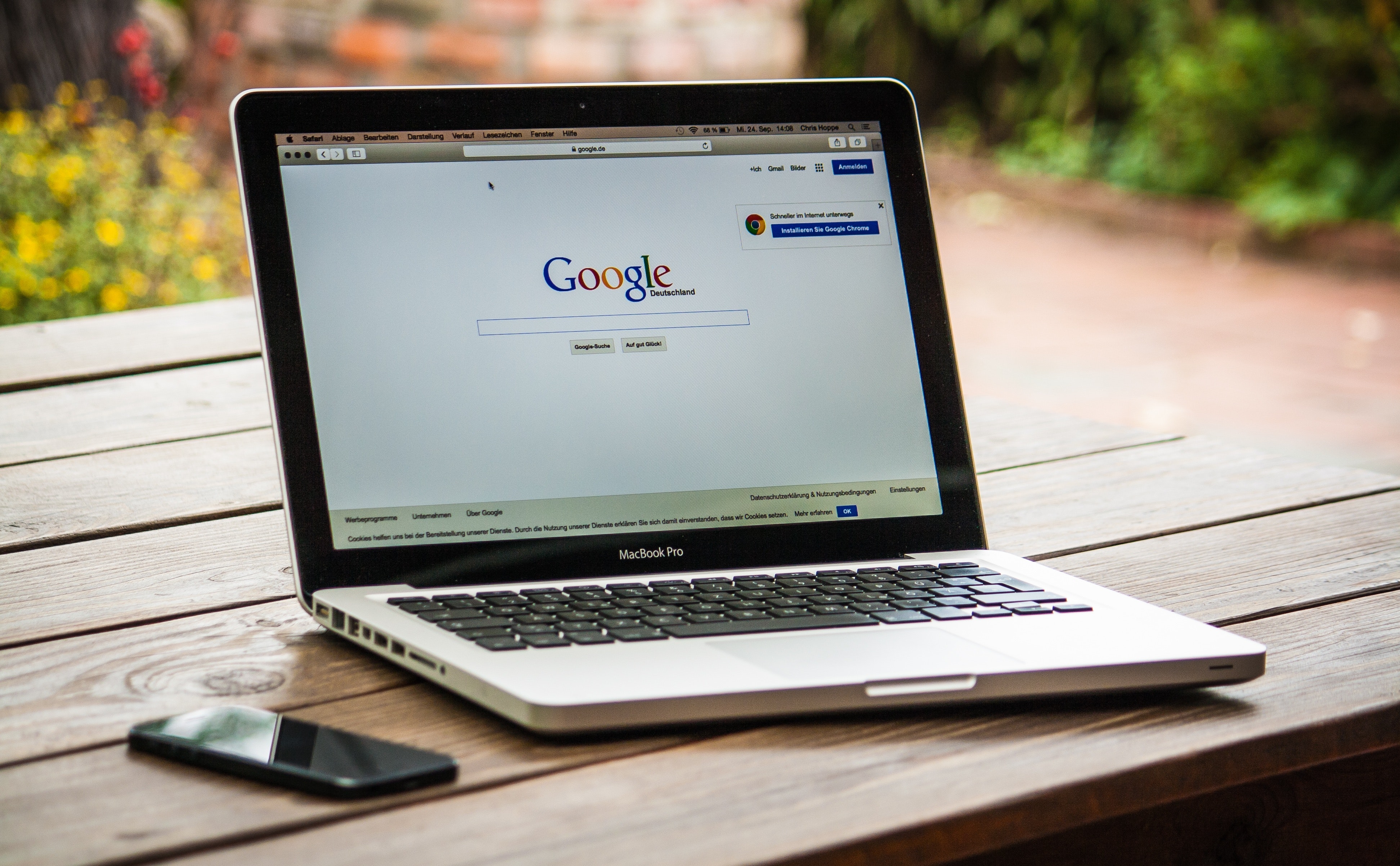Should You Google Yourself?

Half of Americans think their data online is less secure than it was just five years ago. Whether from lax security measures or our own lack of common sense when it comes to oversharing online, more and more people are finding themselves falling victim to data scams. So how do we know just how vulnerable we are online? The answer may begin with a Google search.
Today, Google handles over 3.5 billion searches every single day – a portion of which are people Googling their own names. For reasons ranging from simple curiosity to damage control, over half of all millennials have Googled themselves and over one in ten Gen Zers do so daily. Google isn’t a foolproof fortune teller though; only one in five people find accurate data and most results are influenced by other people of the same name. But for the (un)lucky 8% of us that do find damaging or embarrassing information, it may be ourselves to blame.
Keeping our info locked down will take more than a couple unique passwords – cyber criminals and scammers are smarter than that. Relying on default security settings is a common mistake; always be sure to go through the privacy settings on your social media account. If so inclined, try and choose the settings with the lowest level of data sharing. Location sharing and GPS settings, though often overlooked, are sometimes on by default and accompany photos, posts, and other tags and may give bunglers just the opportunity they are looking for when you’re away from home. Even old and unused accounts can pose a security risk; if a site goes under your information could be sold along with it as an asset.
When it comes to security online, the best offense is a good defense – keep your info under wraps. Take a look at this infographic for more on managing your information online, how to keep it secure, and what to do when it gets out of hand.

Image(s): pixabay.com, socialcatfish.com
The post Should You Google Yourself? appeared first on NullTX.
by Guest via NullTX